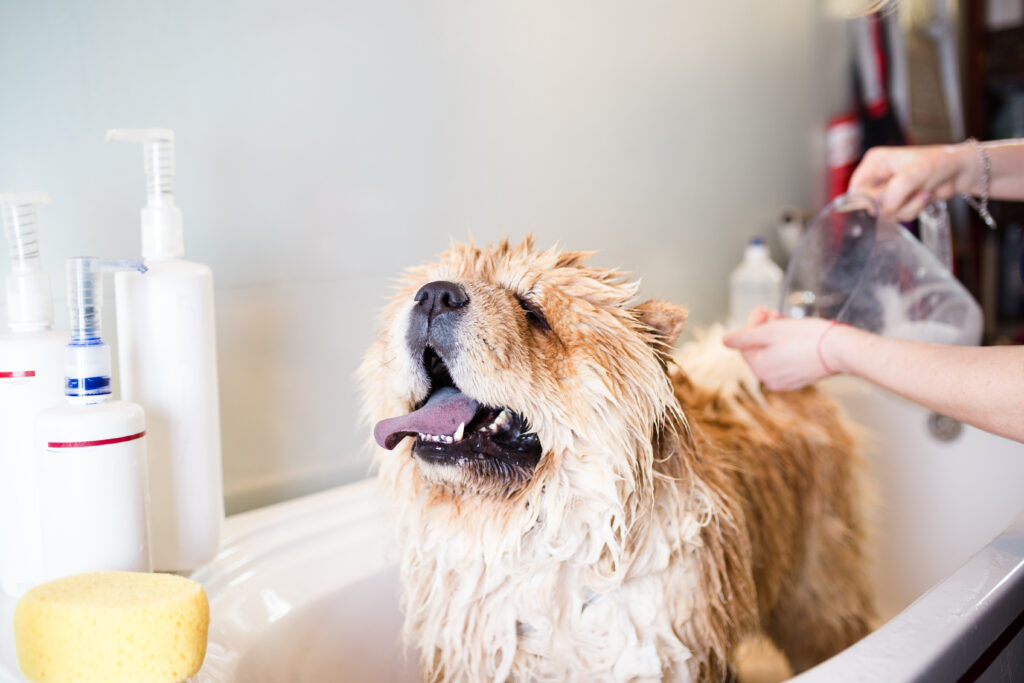Checking if a breeder is legitimate is crucial to ensuring that you bring home a healthy and well-cared-for puppy.
Here are several steps you can take to verify a breeder’s legitimacy…
Research and Recommendations
- Referrals – Ask for recommendations from friends, family, or veterinarians who are familiar with reputable breeders.
- Breed Clubs – Check with breed-specific clubs or organizations. They often maintain lists of responsible breeders who adhere to ethical breeding practices.
Visit the Breeder’s Facility
- Schedule a Visit – A legitimate breeder should welcome you to their facility. Visiting in person allows you to see the living conditions of the dogs and puppies.
- Observe Conditions – Look for clean, safe, and humane living environments. Puppies should be raised indoors in a nurturing atmosphere, not in a kennel or outdoor setting with little socialization.
Ask About Health Testing
- Health Screenings – Inquire about health tests that the breeder conducts on their breeding dogs (e.g., hip and elbow evaluations, genetic testing). A responsible breeder will provide documentation of these tests.
- Puppy Health Guarantee – A good breeder typically offers a health guarantee for the puppy, indicating they stand behind the health of their dogs.
Inquire About Socialization Practices
- Early Socialization – Ask how the puppies are socialized during their early weeks. A legitimate breeder will expose puppies to various stimuli, people, and experiences to promote well-rounded development.
Check for Written Contracts
- Contractual Agreement – A reputable breeder will provide a written contract outlining the responsibilities of both parties, including health guarantees, return policies, and spay/neuter agreements.
Ask About Their Experience
- Breeding History – Inquire about how long the breeder has been breeding and their experience with the breed. A legitimate breeder should be knowledgeable about the breed’s traits and health issues.
Communicate Openly
- Questions and Concerns – A responsible breeder will be happy to answer your questions and address any concerns you may have. They should also provide information about the breed, care, and training.
- Follow-Up Support – Ask if they offer ongoing support after you bring the puppy home. A good breeder should be available for questions and guidance.
Observe Their Behavior
- Passion for Dogs – A legitimate breeder will demonstrate a genuine passion for their dogs, prioritizing their health and well-being over profit.
- No Pressure Sales – A responsible breeder will not rush you into making a decision. They understand that bringing a puppy home is a significant commitment.
Check for Red Flags
- Too Many Breeds – Be cautious of breeders who claim to specialize in multiple breeds. Responsible breeders typically focus on one or two breeds.
- Unclear Background – If a breeder is hesitant to provide information or documentation about health tests, breeding practices, or their facility, consider it a red flag.
Reviews and Testimonials
- Online Reviews – Look for reviews or testimonials from previous puppy buyers. A legitimate breeder should have positive feedback from satisfied customers.
- Social Media Presence – Check if the breeder has a social media presence where they share updates about their puppies and engage with the community.
Taking the time to research and verify a breeder’s legitimacy is essential for ensuring that you find a healthy, well-socialized puppy. By following these steps, you can make an informed decision and contribute to ethical breeding practices. Remember, if something feels off or raises concerns during your interactions, trust your instincts and consider looking elsewhere.


